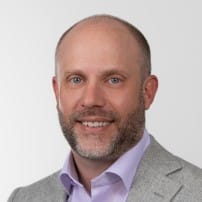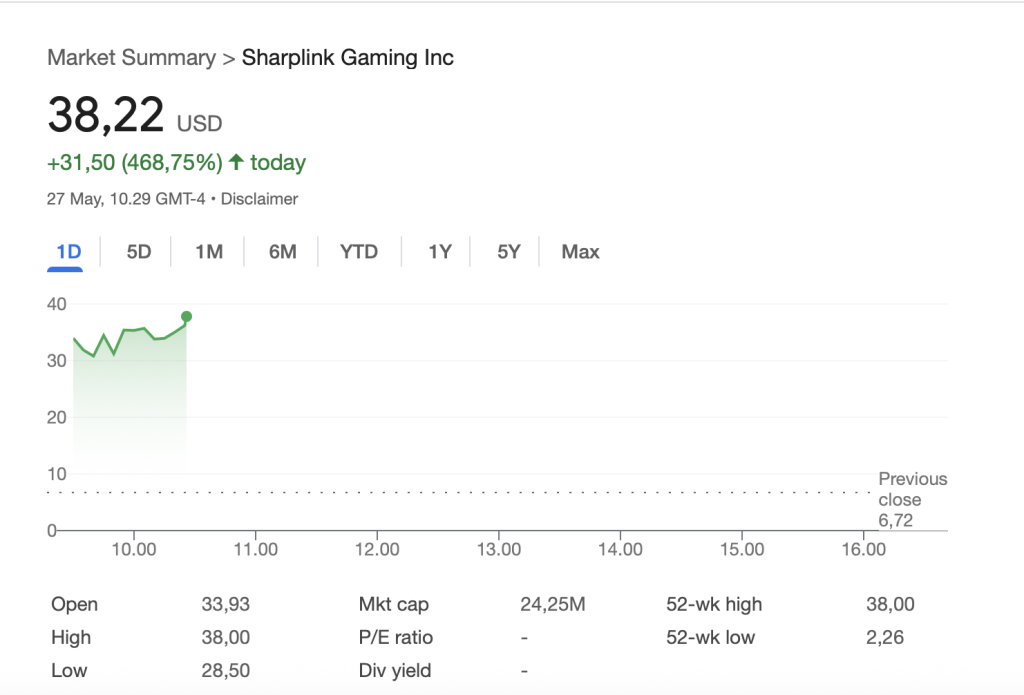Could pensions be making a comeback? Two recent headlines have, at the least, sparked conversations about reviving the predominant retirement benefit of the last century, experts say.
Late last year, IBM announced that it would end 401(k) contributions for its approximately 300,000 employees in 2024 to instead provide a defined benefit plan with no contribution required by employees, essentially a pension plan. Big Blue explained the move in a statement by saying it would help employees diversify their retirement portfolios and enjoy a “stable and predictable” benefit.
Then came a report from WTW that defined-benefit pension plans for Fortune 1000 companies were fully funded at the end of 2023 for the first time since the 2008 financial crisis. That means the plans have sufficient assets to cover all accrued pension benefits owed as well as future obligations. And that leaves money available to reinvest elsewhere, likely a big driver behind IBM’s decision, experts say.
See also: Retirement plan communication: Reach them where they are
“Is there going to be a rebirth of pensions?” says John Lowell, a partner at October Three, a defined benefit plan administrator and designer. “There’s not going to be as many pensions out there as there were in 1985, but I do believe there are going to be more pensions in 2025 than there were in 2020.”
There are a lot of companies that weren’t thinking about pensions 18 months ago that are thinking about it now, he says, adding that he started hearing interest from employers—primarily those with frozen pension plans—last spring.
What well-funded pension plans mean for employers
Switching back to its defined benefit pension plan, which IBM froze in 2008, saves IBM on 401(k) contributions: up to a 5% match and a 1% automatic contribution for all employees. Instead, the firm will pay retirement benefits from what is likely an over-funded defined benefit pension plan, Lowell tells HRE. That means IBM can delay paying into the retirement fund, putting that money to work elsewhere in the organization.
Such fully and overfunded pension plans provide HR executives with more retirement strategies to leverage on behalf of employees and should prompt another look at retirement benefits strategy, Jason Wilhite, senior director of retirement for WTW, tells HRE.

“CHROs should be asking, ‘Where does our plan stand? Is it over or under that level?’” Wilhite says.
Unlike an organization with an underfunded pension plan, a fully or overfunded pension provides strategic options for an organization’s existing or frozen pension plan, he says. For example, if a plan is overfunded, the surplus could be used to offer medical insurance to retirees under the employer’s retirement plan, Wilhite says.
In addition to improved pension plan funding levels, new pension plan designs are renewing employer interest in these retirement vehicles, Lowell says. The new designs—usually referred to as market-return or market-based cash balance plans—can help reduce the unpredictability and volatility that come from market conditions and interest rate fluctuations and can push a pension plan into an underfunded or overfunded status.
Finally, employee concerns about outliving their wealth and needing adequate guaranteed income in their retirement are also driving interest in pension plans, Lowell says. As employers devote more time and attention to financial wellbeing, some are switching to pensions because they will provide benefits to all employees, unlike 401(k) plans that require employees to opt in.
“Employees say they don’t know how to get (guaranteed income) from their 401(k), and even if their employer offers something for this in their 401(k), it is often a really small number,” Lowell says.
Learn more about financial wellbeing at the upcoming HRE Elevate People, Ignite Change (EPIC) Conference taking place April 24-26 in Las Vegas. One session, The Role of Financial Care for Employee Health, Wellbeing and a Thriving Workforce, features Justin Roberts, global financial wellbeing manager for Amazon, and Tom Spann, CEO of Brightside.
Credit: Source link










